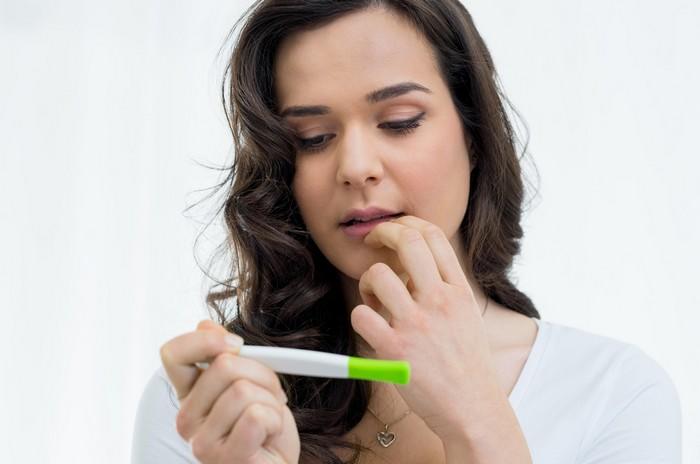A varicocele is a condition in which the veins within the scrotum become enlarged. This occurs when the valves in the veins that regulate blood flow do not function properly, causing blood to pool and the veins to swell. Varicoceles are similar to varicose veins that develop in the legs. They are most commonly found on the left side of the scrotum and can sometimes cause discomfort, testicular shrinkage, or fertility issues.
Many men with varicoceles wonder if they can reduce the size of the swollen veins without surgery. While some methods can help manage symptoms and potentially shrink the varicocele, more severe cases may require medical procedures. Understanding the available treatments, lifestyle changes, and medical options is essential for those looking to reduce the size of their varicocele.
Can a Varicocele Shrink on Its Own?
A varicocele is unlikely to shrink without some form of intervention. In mild cases, symptoms may improve over time with proper care, but the enlarged veins typically do not disappear completely on their own. Some men experience stable varicoceles that do not worsen, while others may notice an increase in size and discomfort over time.
Non-Surgical Methods to Reduce Varicocele Size
For men looking to avoid surgery, several lifestyle changes and home remedies may help manage symptoms and potentially reduce the size of the varicocele.
Wearing Supportive Underwear
Tight-fitting underwear or an athletic supporter can provide scrotal support, reducing the pooling of blood in the veins. This support can help alleviate discomfort and prevent the varicocele from worsening.
Avoiding Heavy Lifting and Straining
Excessive straining, such as lifting heavy weights, can increase pressure in the veins and worsen a varicocele. Avoiding strenuous activities that put pressure on the lower abdomen may help manage the condition.
Maintaining a Healthy Weight
Excess body weight can increase pressure on the veins in the lower body, contributing to varicocele growth. Losing excess weight through a balanced diet and regular exercise can help reduce pressure on the veins.
Improving Circulation
Poor circulation can contribute to varicocele symptoms. Engaging in regular exercise, such as walking, swimming, or cycling, can promote healthy blood flow and potentially reduce swelling in the affected veins.
Elevating the Scrotum
Raising the scrotum while lying down can help improve blood flow and reduce swelling. This simple method may offer temporary relief from discomfort.
Cold Therapy
Applying a cold pack to the scrotum for 15 to 20 minutes can help reduce swelling and inflammation. Cold therapy should not be applied directly to the skin but should be wrapped in a cloth to prevent damage.
Medical Treatments for Reducing Varicocele Size
If lifestyle changes and non-surgical methods do not provide relief, medical treatments may be necessary. Several procedures can effectively shrink or eliminate a varicocele.
Varicocele Embolization
Varicocele embolization is a minimally invasive procedure performed by an interventional radiologist. A small catheter is inserted into a vein in the groin or neck, and tiny coils or a special solution are used to block the affected veins. This procedure prevents blood from flowing into the varicocele, causing it to shrink over time. Recovery from embolization is usually quick, with most men resuming normal activities within a few days.
Varicocelectomy (Surgical Removal)
A varicocelectomy is a surgical procedure used to remove or repair the enlarged veins. This procedure is typically recommended for men experiencing significant pain, testicular shrinkage, or fertility problems. There are three main surgical techniques:
Open Surgery
Open surgery involves making a small incision in the lower abdomen or groin to access and tie off the affected veins. This procedure is usually performed under general or local anesthesia. Recovery typically takes one to two weeks.
Laparoscopic Surgery
Laparoscopic surgery is a minimally invasive technique that uses small incisions and a tiny camera to guide the surgeon in repairing the veins. Recovery is generally faster compared to open surgery.
Microsurgical Varicocelectomy
This advanced technique involves using a high-powered microscope to identify and repair the veins with precision. Microsurgical varicocelectomy has a high success rate and a lower risk of complications compared to other surgical methods.
Can Varicocele Reduction Improve Fertility?
Varicoceles are one of the leading causes of male infertility. They can increase the temperature in the scrotum, affecting sperm production and quality. Reducing the size of a varicocele through lifestyle changes, embolization, or surgery can improve sperm count, motility, and overall fertility in some men. However, not all cases of varicocele-related infertility improve after treatment.
When to See a Doctor
While many men with varicoceles do not experience significant symptoms, medical attention is necessary if any of the following occur:
Persistent Pain or Discomfort
If a varicocele causes ongoing pain that does not improve with lifestyle changes, medical treatment may be required.
Testicular Shrinkage
A varicocele can cause the affected testicle to shrink, which may indicate a more severe condition that requires intervention.
Fertility Concerns
Men struggling with infertility should consult a doctor to determine if a varicocele is contributing to reproductive issues. A semen analysis can help evaluate sperm health.
Rapid Growth of the Varicocele
If a varicocele suddenly increases in size or appears in adulthood, further evaluation is needed to rule out other underlying conditions.
Conclusion
Reducing the size of a varicocele is possible through lifestyle changes, supportive measures, and medical treatments. While some men find relief through non-surgical methods such as scrotal support, exercise, and cold therapy, others may require medical procedures like embolization or varicocelectomy for effective treatment.
Early diagnosis and proper management can prevent complications and improve quality of life. If a varicocele is causing pain, testicular shrinkage, or fertility issues, consulting a doctor is the best step toward finding a suitable treatment plan.
Related topics:
How Much Is Varicocele Embolization?























